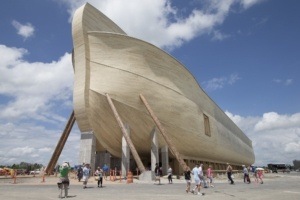World’s Elderly Population Targeted with 3rd COVID-19 Shot for Those Who Survived the First Two
According to statistics released by the CDC in their Vaccine Adverse Event Reporting System (VAERS), the vast majority of recorded deaths following one of the experimental COVID-19 injections has been among the elderly. According to the CDC, 60% of all reported deaths following COVID-19 injections have been in people age 44 or higher, 50% of all reported deaths have been in people age 65 or older, and 35% of all recorded deaths have been in people age 75 or older. When you consider that 38% of all recorded deaths following COVID injections the age is "unknown," then those percentages among the elderly are most certainly even higher. For those who refuse to accept the CDC's explanation that all these deaths recorded following the COVID-19 injections had nothing to do with the shots, then it is clearly obvious that the elderly are being killed in much higher numbers from these shots than the rest of the population. We have documented many of these stories of mass deaths in senior care homes earlier this year, often in homes where few or no deaths occurred in all of 2020 during the COVID-19 Plandemic. In some cases, these seniors were forcibly injected against their will. For those who survived the injections, there are now plans in motion to roll out a 3rd COVID-19 "booster" shot to be injected into the seniors who survived the first two shots.






















